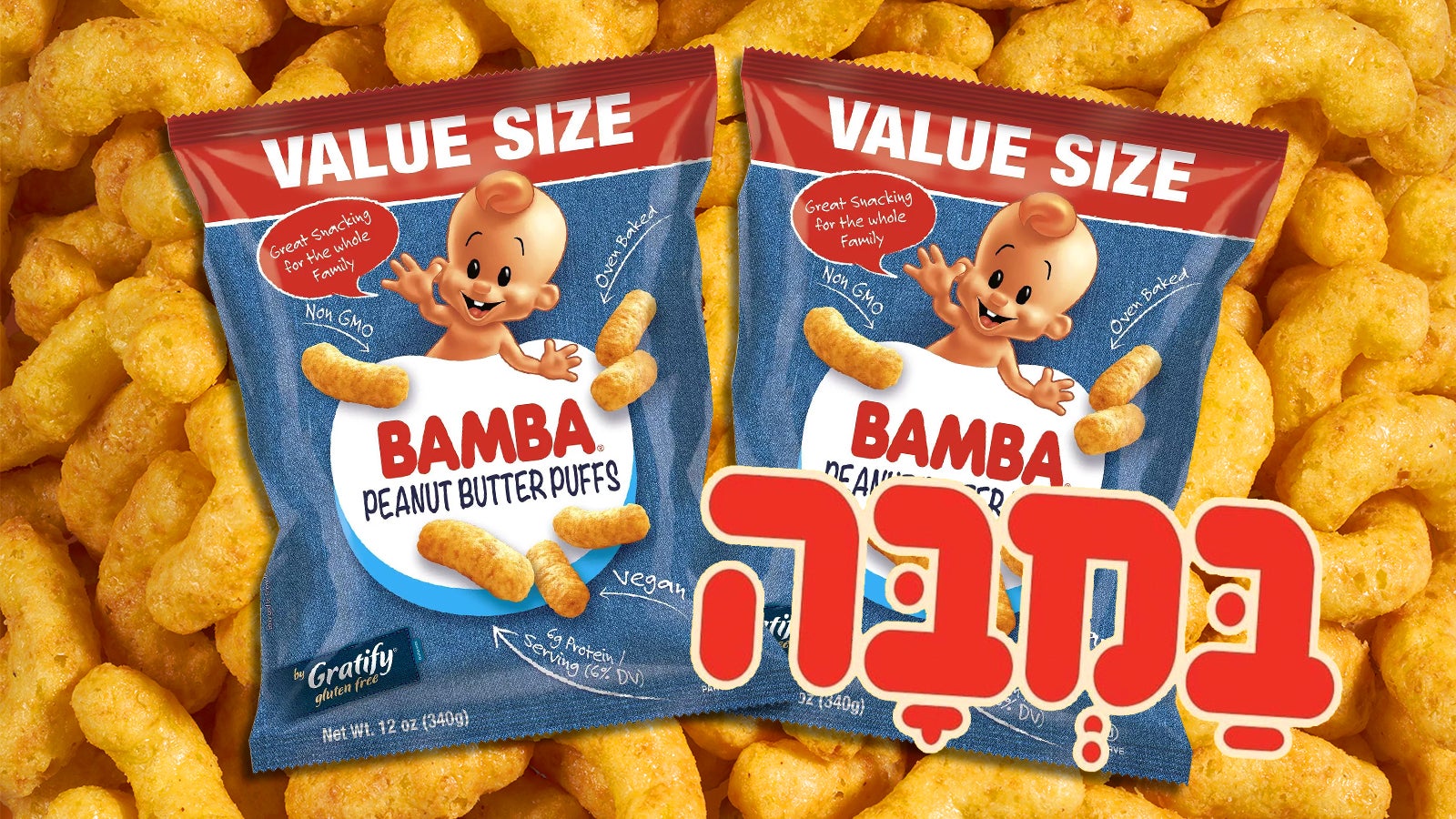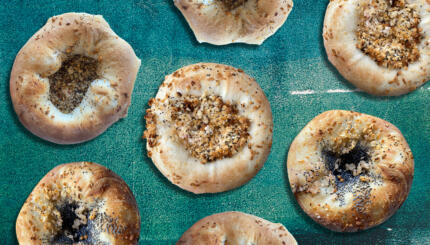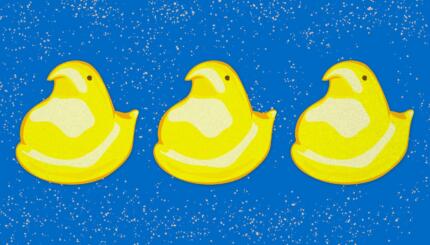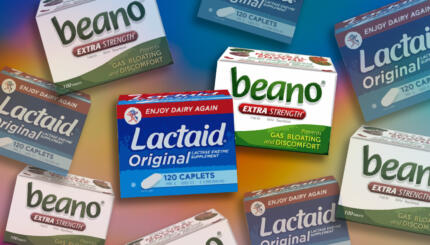“Ein, Ein, Ein Kmo Bamba,” the catchy refrain sung in every advertisement for Israel’s favorite peanut snack rings true to this day. There really is nothing quite like the sweet and savory peanut puffs, as Israeli as apple pie is American. Few snack foods are as ubiquitous and intertwined with their nation’s history as Bamba. However, before Bamba became Israel’s number one snack food, with Israelis consuming close to 10 million bags of Bamba every month, Osem was a small snack brand on a quest to create a new, unique and delicious snack for the Israeli market.
In 1964, Osem executives came up with the idea for a cheese puff snack similar to many other cheese-based snacks popular at the time. Osem settled on the name “Bamba” because of its simplicity, so anyone from kids to adults could easily ask for the snack. (Thought up by ad man Ofer Golan of the Ariely agency, who said it was intended to mimic baby talk.)
As Bamba floundered upon its initial release, Osem executives began brainstorming new flavors to potentially make a dent in the burgeoning Israeli snack scene. Corn, Grilled and Caraway were among the first flavors to debut, along with peanut butter.
Now Osem executives were in even deeper, and had even less to show for it. They decided to close up the factory producing the snack and look elsewhere for new ideas. The Corn, Grilled and Caraway flavors weren’t selling, and store owners were looking to dump stock of the snack — but there was one ray of hope for the Bamba creators. The peanut flavor had found an audience amongst Israeli youth. So Osem shifted their focus to advertising the peanut flavor, and making more and more of the popular snack.
The Nosher celebrates the traditions and recipes that have brought Jews together for centuries. Donate today to keep The Nosher's stories and recipes accessible to all.
Once it had caught on, everyone had to have a taste, and the Israeli snack scene would never be the same. Its distinct peanut flavor, airy crunch and melt-in-your-mouth texture made it a hit. It even served an important role in the 1967 6-Day War as a default snack in the canteen; soldiers there loved it so much that they took it home to share with their families.
Over time, new flavors began to be reintroduced, such as nougat-filled Bamba, halva-filled Bamba and even a strawberry flavor. Now, some 60 years and more than a billion bags of Bamba later, Bamba is an Israeli success story for the ages.
But what is it that makes the Israeli peanut puffs so uniquely addictive? It’s not just the tantalizing salty-sweet combination, but it’s also scientifically proven to be good for you. Researchers in Israel conducted a groundbreaking study that linked early exposure to peanuts, as found in Bamba, with a reduced risk of peanut allergies in children. A control group of Jewish children in the U.K. had ten times higher rates of peanut allergies than the Israeli children who were exposed to peanuts through Bamba. As well as its anti-allergy benefits, it works as a fairly healthy snack food, packing a solid amount of protein in each serving.
Since every iconic snack food needs an equally iconic mascot, in 1993, Bamba finally got its own Chester the Cheetah, in the form of the legendary (and to this day unnamed) Bamba baby, with his three red hairs on his head, always chomping on a bag of Bamba.
While Bamba is an Israeli treasure, it has managed to spread its crunchy influence far beyond the borders of the Mediterranean. Thanks to a growing interest in international snacks and Israeli cuisine, Bamba has become a sought-after treat on shelves worldwide by former Israelis looking for a taste of home or curious snackers looking for a new addiction. It’s even sold at Trader Joe’s.
Bamba is also a massive part of Israeli pop culture, appearing on popular rock album covers as well as a moderately popular indie band called the Bamba Paradox in the ‘90s, adding more credence to the idea that Bamba is more of a social necessity required for Israel to function than just a snack. (So much so that Israel deemed it as essential as bread and milk during the Gulf War.)
From toddlers munching on their first Bamba bites to adults enjoying it with a beer during a televised sports game, Bamba is a universal symbol of Israeli snack culture. Israeli parents will regale you with stories of the “Bamba smile,” that distinct orange stain adorning the mouths of toddlers delighting in their peanut-flavored conquest. It’s not just a snack; it’s a rite of passage.



